The Power of Employee Recognition and Appreciation
Think back to the last time you received recognition for a job well done. How did it make you feel? Chances are you felt happy, motivated, and fulfilled. Recognition taps into something deep within us – it triggers the release of dopamine, creating positive emotions like satisfaction and enjoyment. These feelings aren’t just nice-to-haves; they are crucial for employee engagement and overall success in the workplace.
Research carried out by Gallup and Work human® showed that when they feel recognised in the workplace, employees are:
Five times more likely to feel connected to their organisation’s culture
Four times more likely to be engaged
44% more likely to be thriving in life
Yet, recognition goes beyond performance metrics; it’s about acknowledging efforts, no matter the outcome. Without it, employees can become frustrated and demotivated, potentially leading them to disengage or even seek new employment.
But what’s often overlooked is the difference between recognition and appreciation. While recognition celebrates achievements and performance, appreciation acknowledges a person’s inherent value. It’s not just about what people do – it’s about who they are. In workplaces that focus solely on outcomes, opportunities to build deeper connections and trust are missed.
By showing genuine care, listening actively, and valuing people for who they are, leaders can foster a positive, engaged workplace culture. In fact, according to Glassdoor’s Employee Appreciation Survey, 53% of employees say more appreciation from their boss would make them stay longer at their organisation.
Both recognition and appreciation are crucial for a thriving workplace. Recognition rewards accomplishments, while appreciation builds trust and connection. As a organisational leader, asking yourself how you genuinely recognise and appreciate your employees can unlock a powerful resource – one that creates a ripple effect of positivity throughout your organisation.
In the end, employees who feel valued and appreciated act differently. They become more engaged, more connected, and contribute to a thriving organisational culture. The more you focus on recognising and appreciating your people, the more success you’ll cultivate – for both them and the organisation.
So, are you recognising your employees for who they are and the impact they have? Are you building a culture of gratitude that’s genuine and fair? By reflecting on these questions, you’ll be better positioned to support your team – and drive your organisation forward.


